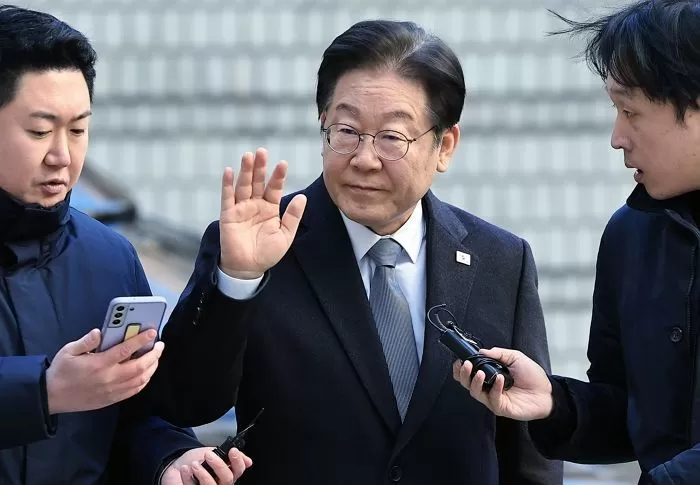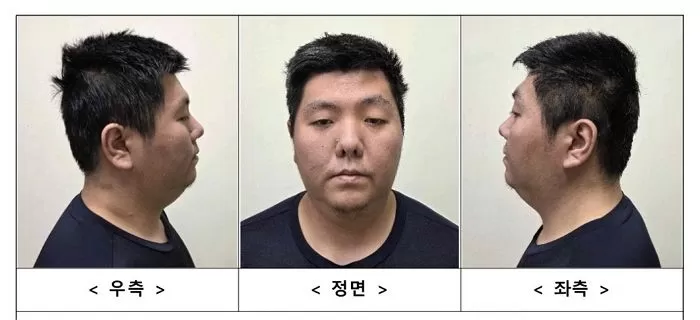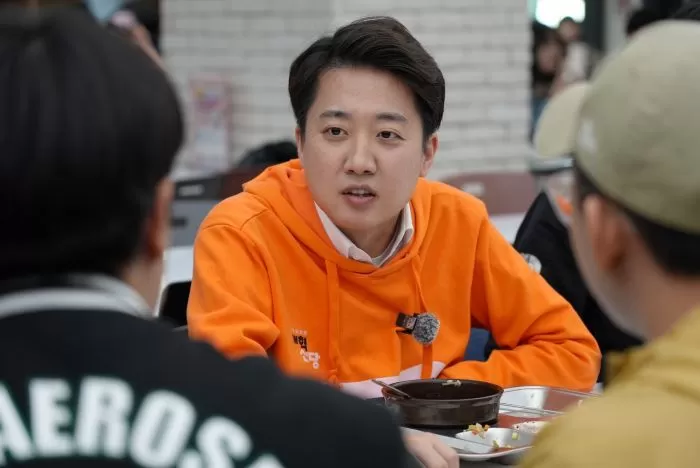Supreme Court to Deliver Verdict on Lee Jae-myung's Election Law Violation Case on May 1
The Supreme Court has announced that it will proceed with the ruling on the appeal regarding the election law violation case against Lee Jae-myung, the presidential candidate of the Democratic Party, on May 1.
On the 29th, the Supreme Court stated that it will deliver the verdict on the high-profile election law violation case against Lee Jae-myung on May 1 at 3 PM.

On the 22nd, the Supreme Court, under the decision of Chief Justice Cho Hee-dae, referred the case to the en banc court, expediting the review process. The referral to the en banc court is a procedure that occurs in cases of significant importance and complex legal issues, where all Supreme Court justices participate in the judgment.
Lee is facing allegations of disseminating false information under the election law due to two statements made during his candidacy in the 2021 presidential election.
The first statement is his claim during a broadcast that he did not know Kim Moon-gi, the former head of development at the Seongnam Urban Development Corporation, and the second is his assertion during a National Assembly audit that there was intimidation from the Ministry of Land, Infrastructure and Transport regarding the change of use for the Korea Food Research Institute site in Baekhyeon-dong, Seongnam.
The first instance court recognized Lee's so-called "golf statement," where he claimed he had not played golf with Kim, and the "Baekhyeon-dong statement" as guilty, sentencing him to one year in prison, suspended for two years.
However, the second instance court completely overturned this judgment and acquitted him of all charges. The appellate court deemed that the statements concerning Kim were regarding 'awareness' rather than 'actions', and thus could not be punished as dissemination of false information.
Moreover, the court concluded that the statement regarding Baekhyeon-dong was made under legal obligations stemming from the special law on the relocation of public institutions and constituted a general expression of opinion, which could not be considered false.
Image Source: News1


